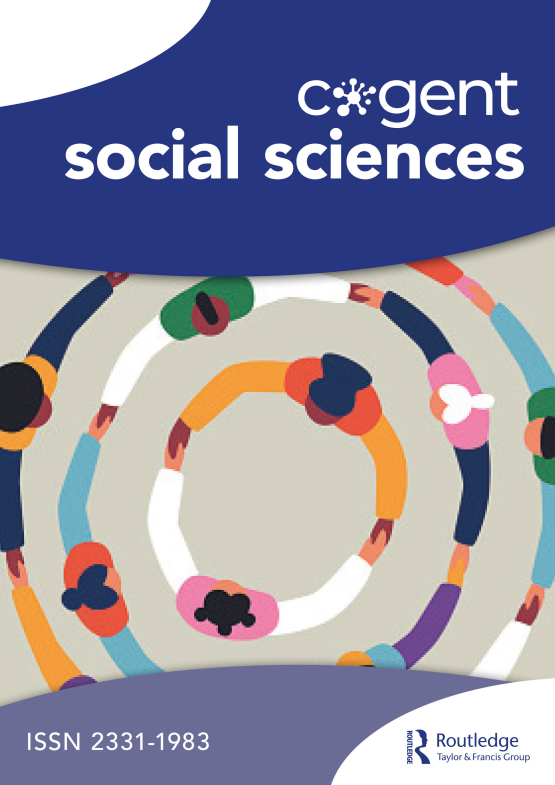Submit a Manuscript to the Journal
Cogent Social Sciences
For an Article Collection on
Marijuana Legalization: Intended and Unintended Consequences
Manuscript deadline


Article collection guest advisor(s)
Dr. Connie Hassett-Walker,
Norwich University
chassett@norwich.edu
Marijuana Legalization: Intended and Unintended Consequences
After years of moving towards marijuana legalization, starting with legalization for medical purposes, 24 states have legalized marijuana for recreational use. After three decades of incarcerating people under harsh laws enacted during the War on Drugs period, a consensus has slowly emerged that criminalizing drug use is an ineffective way to stem drug abuse. Questions now present themselves, such as: what are the intended and unintended consequences of legalization of marijuana? Are states that legalized pot experiencing an increase in driving under the influence and car crashes? Are more individuals – teenagers in particular – reporting regular use and abuse of marijuana? Are states with legal pot dispensaries bringing in more tax revenue? What has been the effect on the illicit drug market, now that a source of profit has become obtainable legally? How has the banking industry adapted to states’ legal pot businesses? This collection seeks manuscripts that examine the consequences of marijuana legalization across a broad spectrum of disciplines – criminal justice, sociology, psychology, addiction prevention and treatment, and others (e.g., economics).
This is an important issue to study, as the legalization of recreational marijuana in particular is relatively new. While some consequences will no doubt be positive (e.g., potential reduced incarceration), others may be negative and unanticipated. It is important not only to examine the issue, but to take a broad view across many areas of society so that unexpected negative effects can be handled and lessened.
The Collection aims to publish work on the following subtopics:
- Criminal justice consequences: effects on probation, jail and prison population (e.g., size); arrests for driving under the influence
- Psychological/addiction treatment consequences: effects on people reporting marijuana (and other drug) use and abuse; effects specifically for teenagers; mental health effects
- Sociological consequences: effects on the illegal drug market (e.g., drug dealers)
- Economic consequences: effects on state budgets for states that legalized recreational marijuana; effects on the banking industry (marijuana is illegal federally but legal in 24 states; banking regulations; adaptations in how legal dispensaries handle money)
Dr. Hassett-Walker is an associate professor in the School of Criminology & Criminal Justice at Norwich University in Vermont. She has an enduring interest in the effect of justice system involvement on subsequent substance use over the life course. She publishes in a variety of journals, including Substance Use: Research & Treatment, Tobacco Use Insights, Cogent Social Sciences, and Journal of Developmental and Life-Course Criminology.
Benefits of publishing open access within Taylor & Francis
Global marketing and publicity, ensuring your research reaches the people you want it to.
Article Collections bring together the latest research on hot topics from influential researchers across the globe.
Rigorous peer review for every open access article.
Rapid online publication allowing you to share your work quickly.
Submission Instructions
All manuscripts submitted to this Article Collection will undergo desk assessment and peer-review as part of our standard editorial process. Guest Advisors for this collection will not be involved in peer-reviewing manuscripts unless they are an existing member of the Editorial Board. Please review the journal Aims and Scope and author submission instructions prior to submitting a manuscript.
